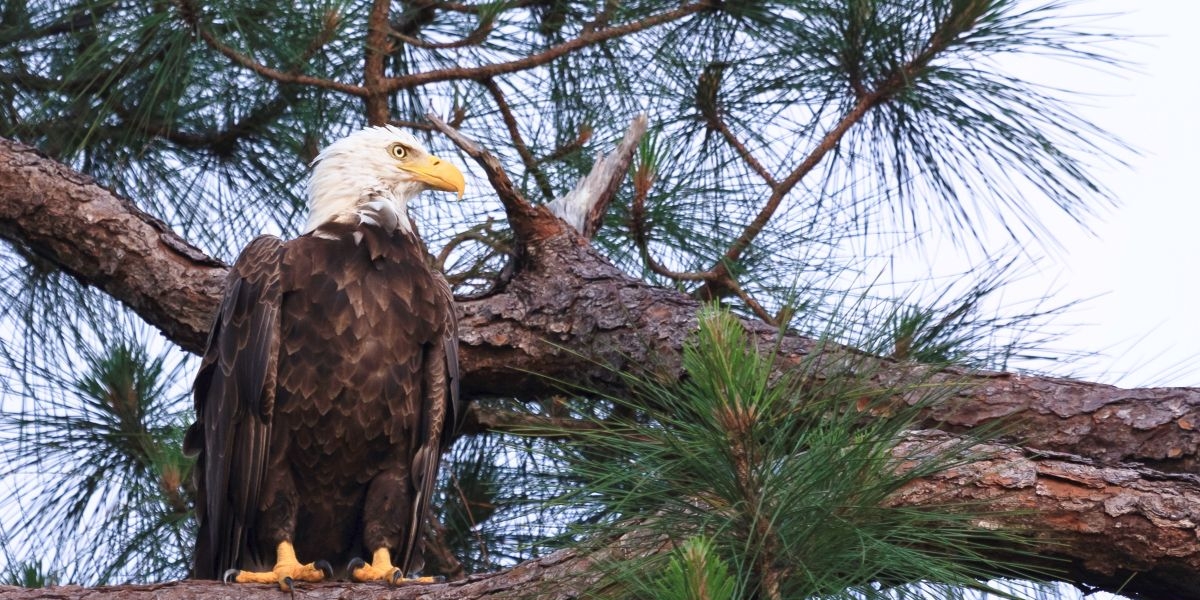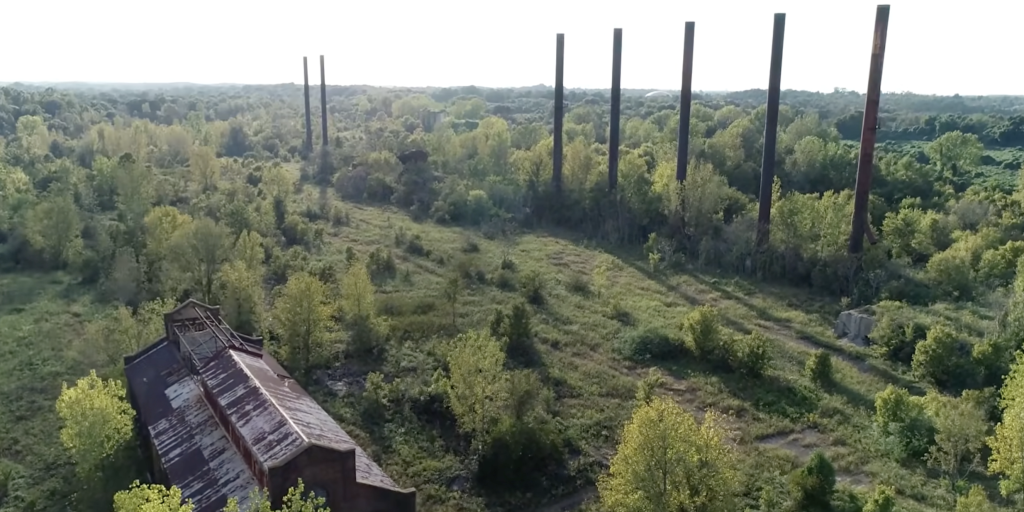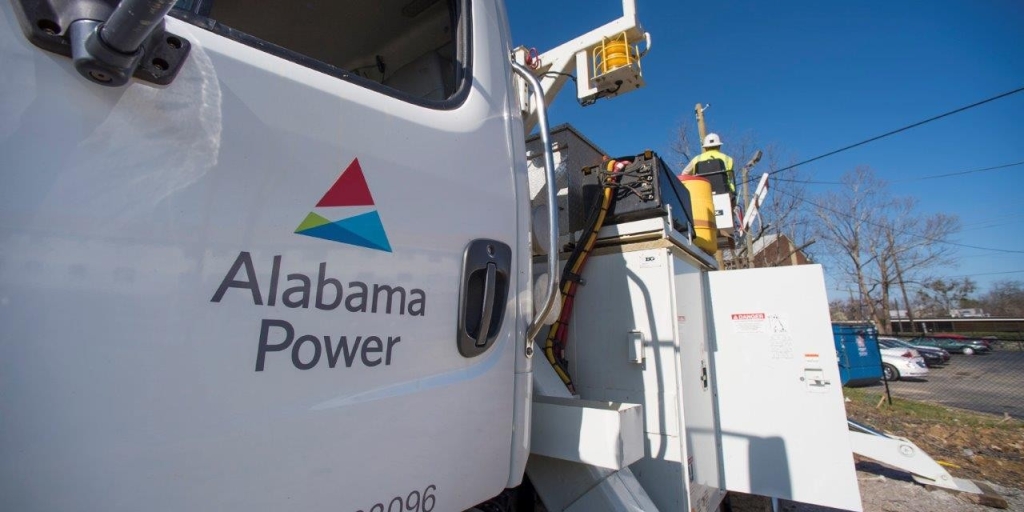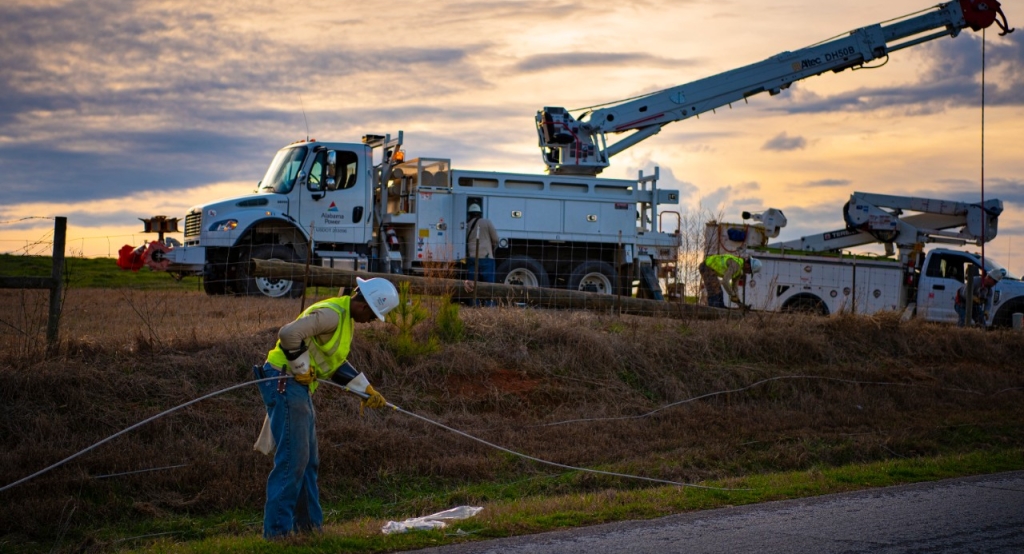There are few sights as majestic as a bald eagle soaring above shimmering blue waters, wings outstretched in flight.
The chance to glimpse these magnificent raptors is among the many reasons that nature lovers head to Alabama Power-managed lakes. Twelve company reservoirs serve as host and habitat to the once-endangered species. Lake Mitchell, which spreads across Chilton and Coosa counties in the central part of the state, is among the lakes where the birds are known to nest.
The company carefully monitors bald eagles on Lake Mitchell and its other reservoirs. Since 1993, Environmental Affairs (EA) employees have performed continuous route surveys of these lakes, riding the shorelines by boat to look for perched or soaring eagles and bald eagle nests.
While the birds were removed from the endangered species list in 2007, Alabama Power has a long history of protecting bald eagles on its reservoirs and coordinates with the Alabama Department of Conservation and Natural Resources on the surveys and other protective efforts.
Dylan Shaw, an Environmental Affairs specialist in Water Field Services at Alabama Power, is one of many employees who do this work. The eagle survey is important because even though the bird recovered from endangered species status more than a decade ago, the company wants to ensure that the eagle populations on its lakes continue to be healthy.
“We can tell it’s continuing to grow as a species,” said Shaw, who has worked at the company for six years and earned bachelor’s and master’s degrees in biology.
“We make sure we’re not impacting the nest,” he said. “By marking the location of nests, we can help avoid future impacts, as well.”
Shaw noted that eagles are very effective hunters that feed on a variety of prey, including fish, waterfowl and small mammals. However, as an opportunistic predator, the birds also will feed on carrion or steal meals from other predators.
For those interested in helping take eagle or bird surveys around Alabama, Shaw suggested contacting one of the state’s many citizen science initiatives, such as Alabama Audubon.
“There are many citizen science initiatives that are really, really great about this,” he said. “They do surveys around the state, and I’m sure they’d love to have volunteers for that effort.”
Courtesy of Alabama News Center













